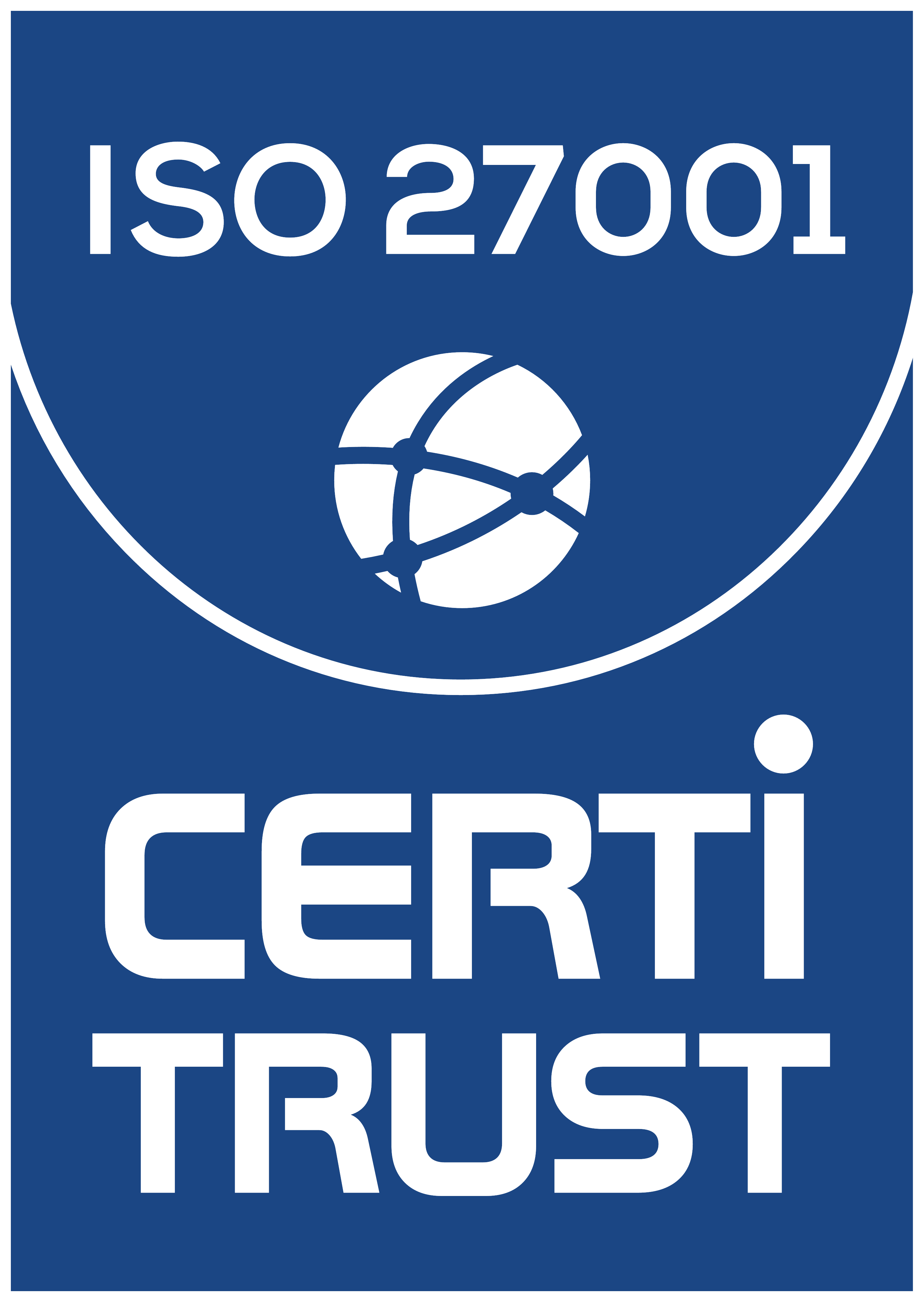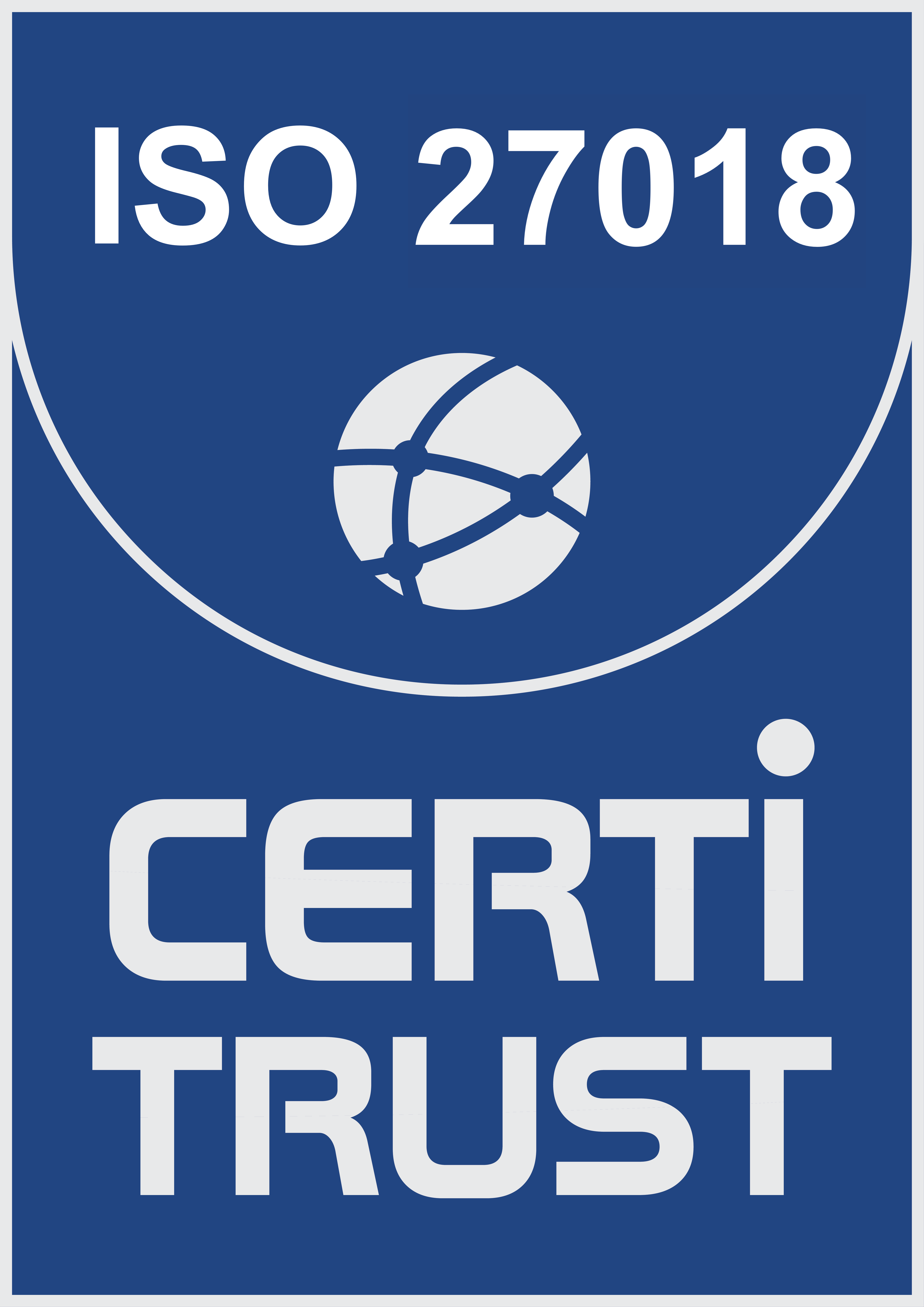Compliance vs Ethics and the digitalization issue
March 28, 2022
While “Compliance” involves following the laws and rules that apply to your organization, “Ethics” goes beyond what the law requires. It involves doing the right thing and following both the spirit and not just the letter of the law. Some view good corporate ethics as the social license to operate.
Rules matter, but culture and ethics matter more. Organizations may have written, accessible policies, processes and tools, all of which their employees are trained on. However, if the organization has a poor culture, none of its controls, policies or procedures will matter. Instead, in organizations with poor cultures, employees tend to act in ways that harm the organization’s reputation, increase the risk of compliance failures and act in ways that can lead to illegal and/or fraudulent conduct. What’s written on a piece of paper is only of value if the people required to abide by it believe in it, implement it and enforce it.
The Integrity Challenges
Organizations cannot control the integrity of individuals, but they can certainly influence it.
An organization’s culture influences the integrity of those employees that are either on the fence or would rationalize wrongdoing when the culture promotes willful blindness, permits ignorance of policies and controls, or encourages the avoidance of those controls through unreasonable business goals and rewarding success by any means.
No controls, compliance program, or business culture can eliminate or totally prevent people without integrity from doing wrong, but the absence of those factors greatly increases the capacity of wrongdoers to operate with impunity, while the strong presence of those factors greatly increases the likelihood of preventing and detecting wrongdoing, as well as providing a foundation to mitigate its impacts and consequences on the organization. People often adopt the mindset of the masses and tend to fall in-line.
Non-compliance seriously increases risk and liability, depreciates M&A and joint venture value, potentially damages the brand, undermines and reduces trust and confidence, increases the potential for prosecution, and threatens sustainability.
In addition to an organization’s culture, business and thought leaders must also consider what role greed, selfishness, blind ambition, reckless need for recognition or even performance anxiety can play in the non-compliance rationalization process.
These leaders must be proactive and continuously diligent in their efforts to mitigate individual and organizational risks.
Digitalization of compliance
One may think that digitalisation of rules is just reinforcing the formal dimension of compliance. It could even be argued that it is detrimental to the promotion a culture of ethics which calls for everyone’s intelligent behavior in grey area.
But digitalization of compliance means integrating compliance rules in all business operations. It is a constant reminder that integrity matters everyday and everywhere.
Digitalisation also allows a central and global monitoring of all compliance issues. It is an efficient way for the chief compliance officer to ensure that compliance rules are really implemented in all part of the organization. It allows him to react rapidly in case of identified shortcoming.
In a nutshell, the implementation of a digital platform to monitor compliance is a means of constantly reminding all employees, business partners and various stakeholders that integrity is an essential element of an organization’s development strategy.
You might also be interested in








